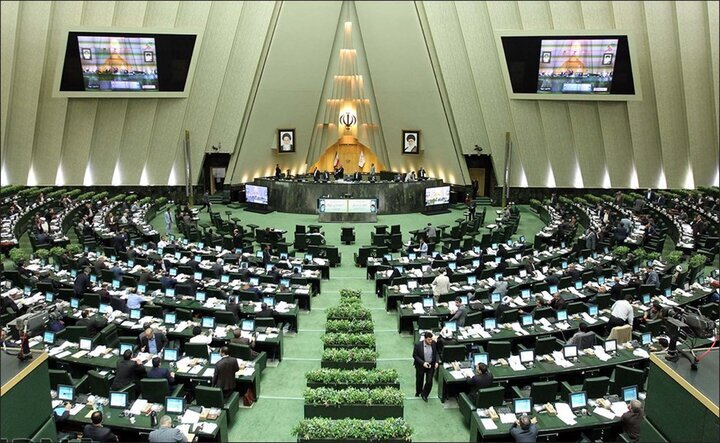
Ebrahim Azizi, chairman of the National Security and Foreign Policy Commission of the Iranian Parliament, elaborated on the outcome of Sunday’s emergency meeting of the commission with the participation of the foreign minister.
He said there has been close interaction between the Parliament, especially the National Security and Foreign Policy Commission, and the Ministry of Foreign Affairs, with numerous meetings over the past year in which ministry officials were present to answer questions and exchange views.
Azizi noted that, based on decisions made, the Ministry of Foreign Affairs signed an agreement with the International Atomic Energy Agency (IAEA), while Parliament had also passed a law requiring the suspension of cooperation with the Agency. He explained that lawmakers raised questions about how far this agreement aligns with parliamentary legislation.
He recalled that during the 12-day imposed war, Parliament passed the law requiring the government to suspend cooperation with the IAEA, which was approved by the Guardian Council and referred to the government for implementation. Accordingly, lawmakers voiced concerns over the precise implementation of the law and the degree to which the agreement complies with Parliament’s legislation.
Azizi stated that the foreign minister explained all dimensions of the agreement and expressed hope that with specialized sessions and a thorough review of the text, a path could be pursued through cooperation and coordination that would yield comprehensive achievements for the country.
He added that Parliament and government interaction can be decisive, and in this matter, efforts will continue to safeguard the national interests and security of the country.
Azizi stressed that Parliament, as a supervisory body, will protect the Iranian nation’s nuclear rights and ensure no violation of the law occurs. He said that while some clarifications were provided, lawmakers will continue to compare the agreement against legislation, and if the process complies with the law, Parliament will support it; otherwise, it will firmly uphold the law.
Azizi finally emphasized that, certainly, one of Tehran’s options is to withdraw from the NPT if the snapback mechanism is activated. "But this is not our only option — Iran has many capacities, each of which will be used at the right time. If Europeans and the Agency (IAEA) fulfill their commitments, the snapback issue will be off the table under the current agreement."
He added that if the Europeans, as always, want to renege on their promises, or the agency is unable to fulfill its obligations, Iran would respond accordingly.
The NPT (Nuclear Non-Proliferation Treaty) has long been a cornerstone of global nuclear policy. Iran, as a signatory, has consistently asserted its full right to peaceful nuclear technology under the treaty. However, Tehran argues that Western powers, particularly the United States and its European allies, have violated their own commitments under both the NPT and the 2015 Joint Comprehensive Plan of Action (JCPOA) by imposing and maintaining sanctions.
The “snapback” mechanism, introduced under UN Security Council Resolution 2231, allows participants of the JCPOA to reimpose previous UN sanctions. Iran maintains that Europe has no legal or moral standing to trigger this mechanism, given its failure to uphold obligations, while Washington forfeited its rights after unilaterally abandoning the JCPOA in 2018.
If the snapback mechanism is activated, it would prove that international law and agreements are being manipulated for political purposes. In such a scenario, Iran’s consideration of leaving the NPT is presented as a defensive measure, aimed at protecting its sovereignty and ensuring that the West cannot misuse international frameworks to deny the Iranian nation its legitimate nuclear rights.